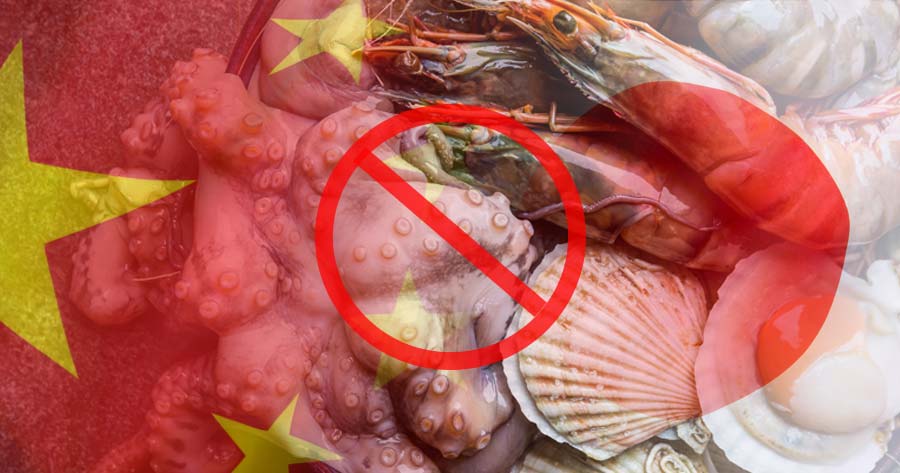Thursday 24 Aug, Japan’s top seafood importer, China, banned all aquatic products from the world’s third largest economy due to the concern of the releasing of treated radioactive water from nuclear powerplant, Fukujima Daiichi (Reactor #1). The plant got wrecked by a tsunami in 2011, causing a meltdown and radioactive fuel leak to nearby water, especially to the ocean.
Tokyo Electric Power Company (TEPCO) releasing 200 cubic meters at 1 pm local time, and will continue through 17 days with a total of 7,800 cubic meter expected to be released. Japan will take a sample test of the sea water later next week. The amount tally from the cooling down water that needed to pump into the reactor to prevent the meltdown 12 years ago. Plus, the rain and ground water that leaks into the area as well.
In 2019, the authority warned of the need of space for additional material storage, which is required to release the treated and highly diluted water from the area into the sea. The statement angered nearby seaside countries especially China that showed concerns on indirect radiation from Japan’s seafood, thus the ban yesterday.
A third-party inspector from United Nation’s International Atomic Energy Agency (UN IAEA) was invited to inspect the case earlier but found no abnormally.
Last year, China imported $600 million seafood products from Japan, according to data from Reuters. Though seafood exports from Japan accounted to only 1% of global seafood trade, it could be a great opportunity for Thai seafood exporters to penetrate the market, notably Thai Union Group Public Company Limited (SET: TU), Charoen Pokphand Foods Public Company Limited (SET: CPF) and Asian Sea Corporation Public Company Limited (SET: ASIAN).





